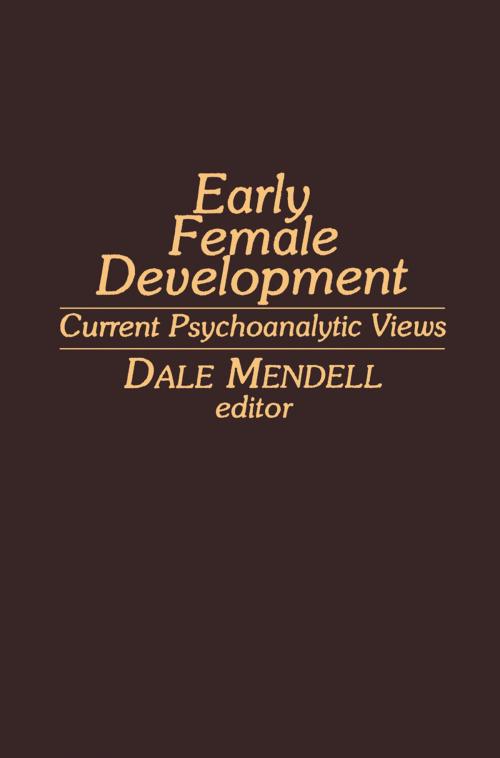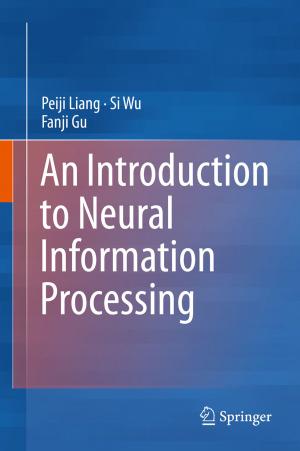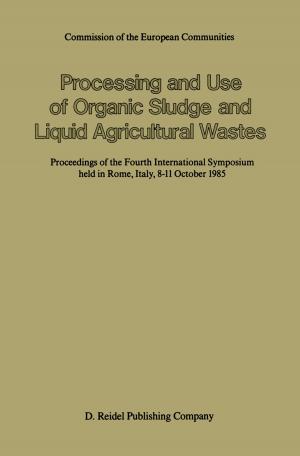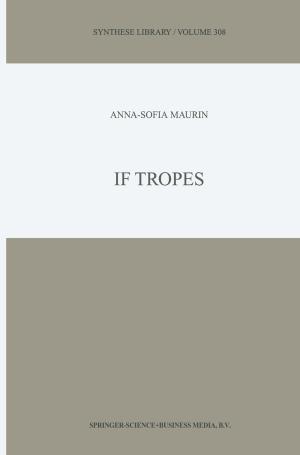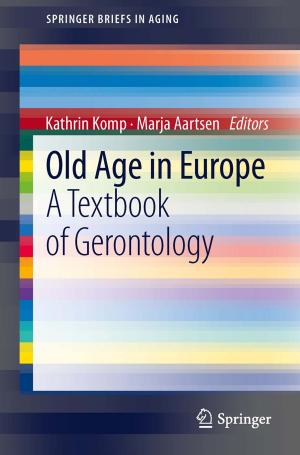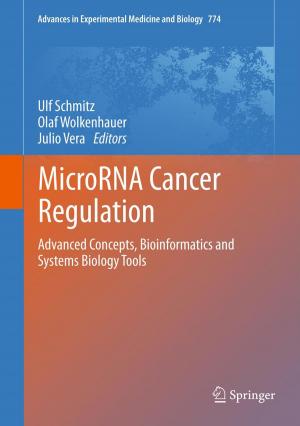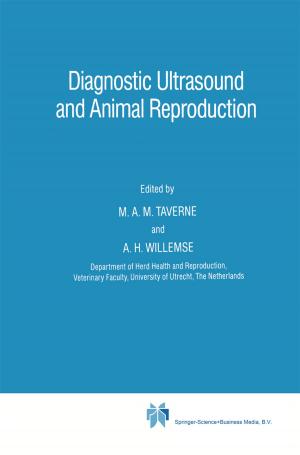Early Female Development
Current Psychoanalytic Views
Nonfiction, Health & Well Being, Medical, Specialties, Pediatrics| Author: | ISBN: | 9789401162968 | |
| Publisher: | Springer Netherlands | Publication: | December 6, 2012 |
| Imprint: | Springer | Language: | English |
| Author: | |
| ISBN: | 9789401162968 |
| Publisher: | Springer Netherlands |
| Publication: | December 6, 2012 |
| Imprint: | Springer |
| Language: | English |
The past fifteen years have seen a resurgence of interest in the psychology of female development, impelled by factors both intrinsic and external to psychoanalysis. Within psychoanalysis, increasingly sophisticated formulations regarding ego development and object relations have modified and elaborated drive-oriented conceptualizations of psychosexual development. In addition, the recent focus upon narcissistic and borderline adult pathologies has led to a closer examination of the earliest phases of life, with emphasis upon early mother-child interactions and the nature of early identifications, narcissistic development and the formation of gender identity. The social and cultural changes reflected in the women's movement resulted in widespread charges that Freudian doctrine concerning female development was denigrating and phallocentric; in responding to this challenge, psychoanalytic theorists were stimulated to reconsider established hypotheses that viewed femininity as a secondary, defensive formulation. In addition, new discoveries and reinterpretations relating to fetal development and the physiology of the female orgasm challenged traditional conceptions about the masculine nature of libido. These various strands of developing knowledge and interest intersect in the area of early female development and make it a focal point from which to investigate and resolve major issues in psychoanalytic thinking. As inconsistencies and errors in the classical formulations about female psychosexual development are discovered, and reformulations made through closely detiriled observations based on current theoretical assumptions, they in tum illuminate issues in ego psychology, object relations and narcissistic development, and enlarge the entire body of psychoanalytic theory.
The past fifteen years have seen a resurgence of interest in the psychology of female development, impelled by factors both intrinsic and external to psychoanalysis. Within psychoanalysis, increasingly sophisticated formulations regarding ego development and object relations have modified and elaborated drive-oriented conceptualizations of psychosexual development. In addition, the recent focus upon narcissistic and borderline adult pathologies has led to a closer examination of the earliest phases of life, with emphasis upon early mother-child interactions and the nature of early identifications, narcissistic development and the formation of gender identity. The social and cultural changes reflected in the women's movement resulted in widespread charges that Freudian doctrine concerning female development was denigrating and phallocentric; in responding to this challenge, psychoanalytic theorists were stimulated to reconsider established hypotheses that viewed femininity as a secondary, defensive formulation. In addition, new discoveries and reinterpretations relating to fetal development and the physiology of the female orgasm challenged traditional conceptions about the masculine nature of libido. These various strands of developing knowledge and interest intersect in the area of early female development and make it a focal point from which to investigate and resolve major issues in psychoanalytic thinking. As inconsistencies and errors in the classical formulations about female psychosexual development are discovered, and reformulations made through closely detiriled observations based on current theoretical assumptions, they in tum illuminate issues in ego psychology, object relations and narcissistic development, and enlarge the entire body of psychoanalytic theory.
